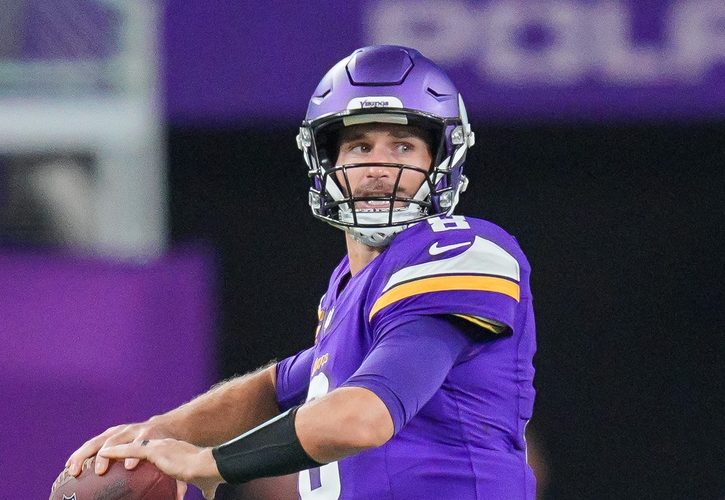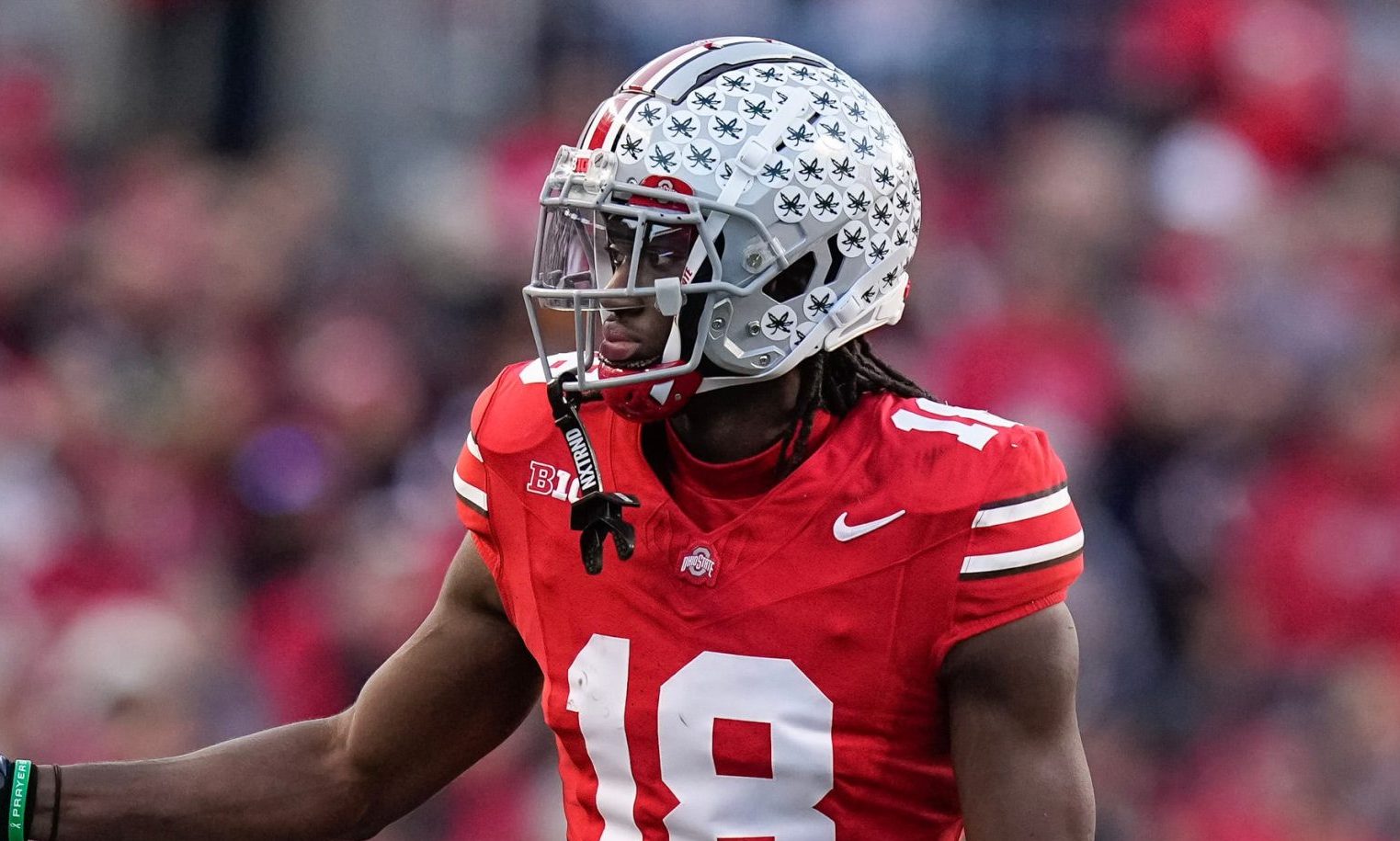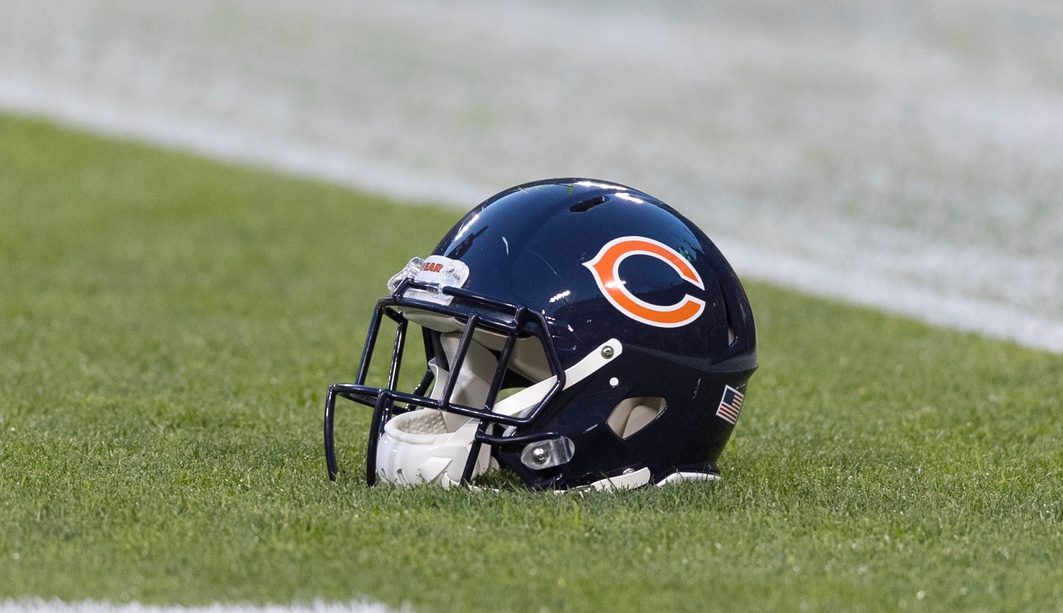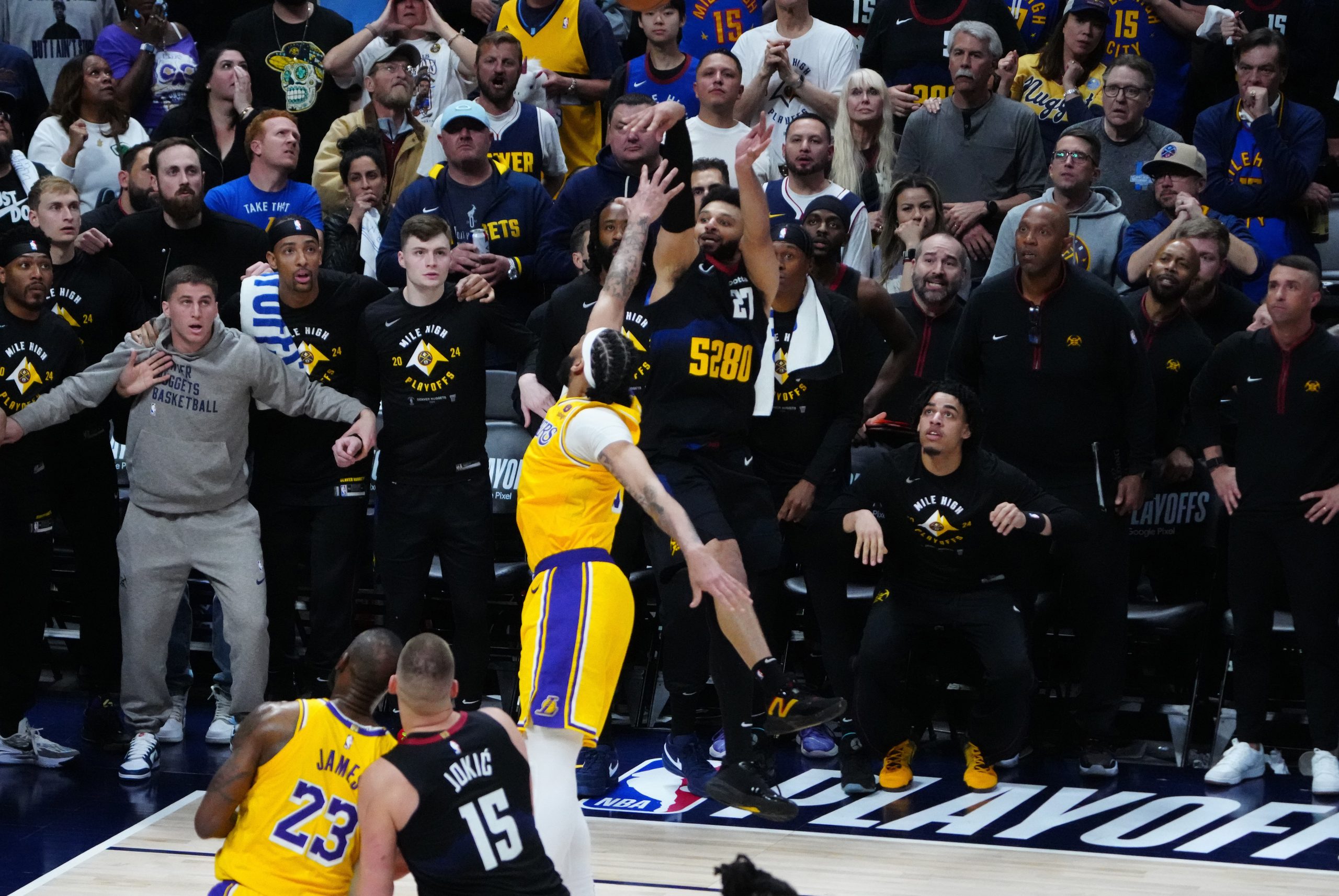Penalties: In the NHL, there are three different kinds of penalties: minor penalties, double minors, and major penalties. A minor penalty is given out for offenses such as tripping, slashing, high-sticking, etc., sending the offending player to the “penalty box” for two minutes. A double minor is four minutes in length and is given out for more serious offenses, such as a high-stick that draws blood. A major penalty is given out for severe violations, such as fighting, spearing, dangerous boarding, etc., and sends the player to the penalty box for five minutes.
Power Play: When a player receives a penalty, the opposing team has an extra player on the ice. This 5-on-4 advantage is known as a power play. The power play lasts for the duration of the penalty given. If the same team takes another penalty while one of their players is still in the box, the opposing team will have a a 5-on-3 advantage. This is the largest advantage allowed by NHL rules.
Butt ending: When a player jabs an opponent with the top end of his stick.
Checking from behind: Whistled when a player hits an opponent who is not aware of the impending contact from behind and therefore cannot defend himself.
Cross checking: When a player makes a check with both hands on the stick.
Elbowing: When a player uses his elbow to foul an opponent.
Diving: When it is deemed that a player has purposefully embellished on a play to draw a penalty.
High sticking: When a player’s stick makes contact with an opposing player above the shoulders.
Hooking: When a player impedes the progress of an opponent by “hooking” him with his stick.
Interference: When a player interferes with or impedes the progress of an opponent who does not have the puck. Also assessed to a player who deliberately knocks the stick out of an opponent’s hand or who prevents a player who has dropped his stick (or any other piece of equipment) from picking it back up.
Kneeing: When a player fouls an opponent with his knee.
Roughing: Called when a player strikes another opponent in a minor altercation that the referee determines is not worthy of a major penalty.
Slashing: When a player hits an opponent with his stick, or “slashes” him, either to impede his progress or cause injury.
Spearing: When a player stabs at an opponent with the blade of his stick, whether he makes contact or not.
Tripping: When a stick or any portion of a player’s body is used to cause an opposing player to fall.






